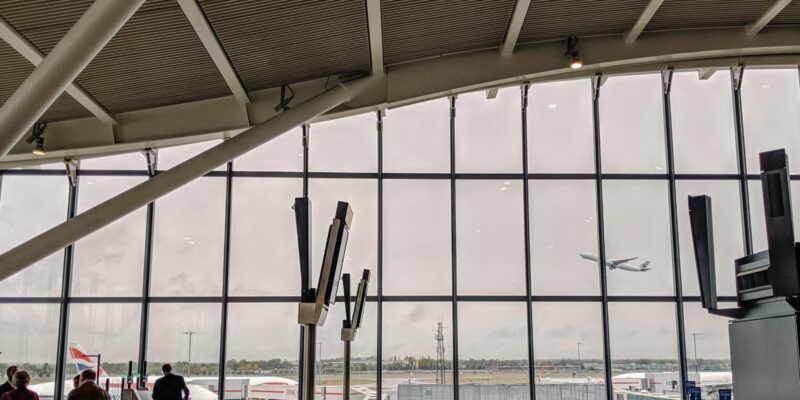Impact of travel restrictions on Omicron in the UK
Oxera and Edge Health have been commissioned by Manchester Airports Group (‘MAG’) to consider the impact of travel restrictions on the spread of variants in the UK, and to compare this to the impact of domestic restrictions.
The Omicron variant is now highly prevalent in the UK and the government is considering what, if any, further measures should be taken to mitigate the variant’s impact. Our analysis indicates that when a variant is already highly prevalent in the domestic environment, travel restrictions are likely to have a very limited impact on the growth and the peak of cases and hospitalisations. This must be considered alongside analysis undertaken by Oxera in December 2021, which indicated that Omicron travel restrictions could lead to an additional £3.1bn loss in GVA and £1.5bn loss in tax revenue over the next year.
This note sets out the high-level findings from our analysis. The key conclusions are as follows.
- Although it is now known that Omicron was circulating internationally throughout November, testing and sequencing of tests for air passengers arriving in the UK over the course of November did not identify Omicron as a Variant of Concern (VOC) in the UK before it was reported by South Africa towards the end of November.
- Additional testing requirements—i.e. pre-departure tests and Day 2 PCR tests—were put in place by the UK government quickly in late November/early December after Omicron was identified as a VOC. However, these restrictions were ineffective at preventing the spread of Omicron in the UK.
- Even if these, or other, travel testing requirements had been in place from the beginning of November, they would not have had a significant impact on the spread of Omicron in the UK. Compared to a Day 2 antigen test, a Day 2 PCR and pre-departure testing regime would have delayed the peak of cases by just five days and reduced the peak by only 3%. If no travel restrictions had been in place at all in November/December, cases would have peaked seven days earlier and the peak would have been 8% higher than without any travel testing.
- Now that Omicron is highly prevalent in the UK, if all travel testing requirements are removed in January, there would be no impact on Omicron case numbers or hospitalisations in the UK, and there would be much lower costs imposed on the UK economy than if the current restrictions are kept in place.

